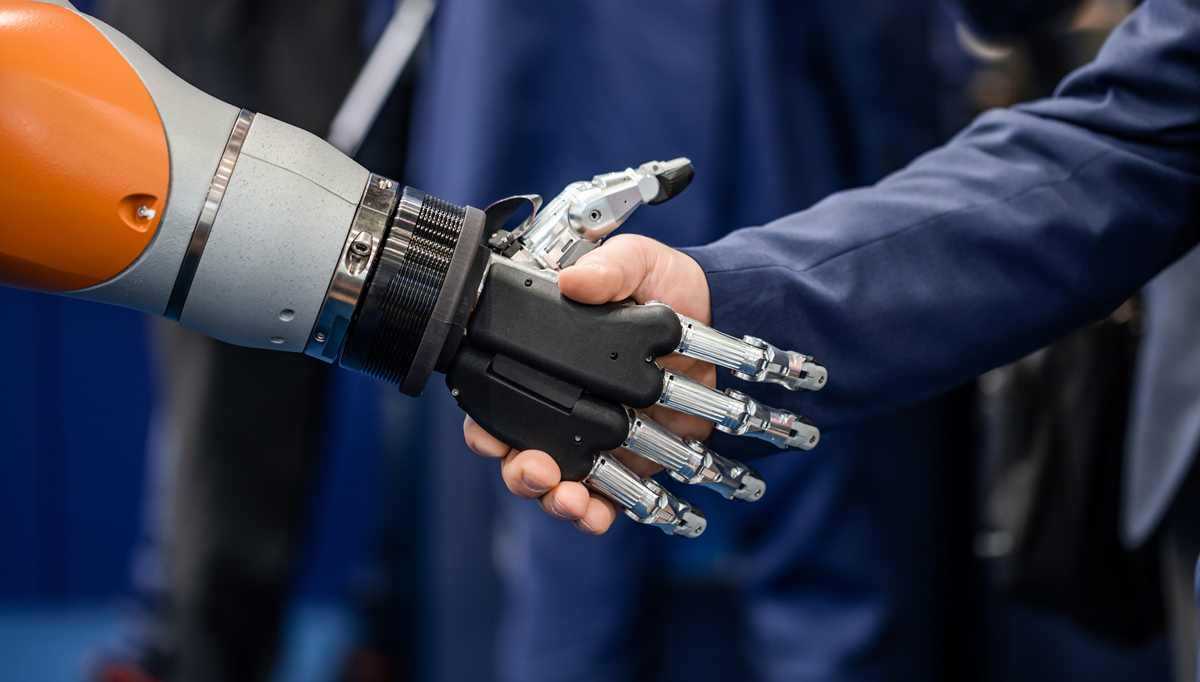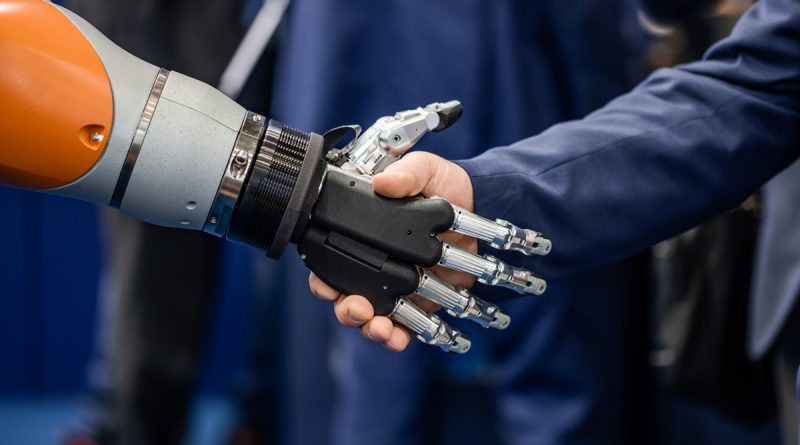DIGITIZING: NOT EVERYTHING THAT COUNTS CAN BE COUNTED

At the Dutch Rathenau Institute, which deals with the impact of science, innovation and technology on society, Djurre Das has conducted research on digital monitoring.
“Algorithms increasingly determine our living environment. Take, for instance, Spotify, Netflix and bol.com, which predict what you’ll like and address you accordingly. But also at work, more and more tools are available to monitor employees,” he explains. “Monitoring starts with the selection of employees. Algorithms scan CVs and software analyses facial expressions during video interviews. And once you are hired, the algorithm keeps tracking you. Screenshots can be taken of your computer, your e-mail behaviour can be mapped. In fact, everything you do digitally can be measured. Of course it doesn’t all happen, but in the platform economy, a lot of functionalities are being developed, which then also find their way into other sectors.”
Fortunately, technology is not just there to control. It is also there to make work easier or to help you. “Employers can also use the data to check whether you take a healthy amount of breaks, or if you don’t get up enough to go for a walk. It can lead to more diversity in the selection policy. We found that the intention is often good. But sometimes, unfortunately, there are undesirable side effects.”
“Not everything that counts, can be counted. And not everything that can be counted, counts”
An often-cited side effect is a loss of autonomy. “In healthcare, apps are increasingly used to boost efficiency, which is a good thing. But it takes away a bit of autonomy. Employees can no longer take responsibility for themselves. They job satisfaction decreases. Moreover, human work is difficult to grasp in mathematical computer logic,” Djurre noted. “We are not always rational beings. And technology often ignores that.”
According to him, it is important that an organisation knows what it wants when it starts digital monitoring. “The first question should be: ‘What do I want to accomplish?’ Because you can measure everything. But what is desirable? And what is relevant? Not everything that counts, can be counted. And not everything that can be counted, counts,” as he sums it up. For him, the data generated by the algorithms can only serve as a guideline. “The data do not speak for themselves. You should never consider them to be ‘the truth’. The context is also important.”
Because digital monitoring is never neutral, Djurre advocates for good arrangements at all levels. About what is measured and how the data is handled. “Monitoring is not new. It has always been there. But now, monitoring is getting very close to the employees’ skin. Sometimes even literally. So agreements need to be made. Blind faith in technology is somewhat naive. Much is possible. But the promises and expectations sometimes surpass reality. It can’t do any harm to remain a little critical of that techno-solutionism.”
Never Work Alone 2022 | Author: Jan Deceunynck | Image: Shutterstock

